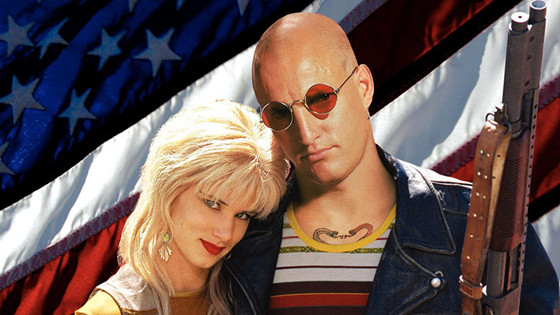
Naturalistic, effortless actors and actresses are plentiful in today’s onscreen world. We see them all the time: usually in walk-ons, supporting roles, and in the background environments of the films and television shows we watch.
We often don’t notice these performers because they’re doing their jobs so well that they become invisible, seamlessly and effortlessly blending into the tapestry and artifice of the onscreen world they’re a large part of selling us. In a business that hangs on awards seasons like they’re a religious holiday, it’s slightly daunting to get one’s head around the fact that best performances are oftentimes the most unnoticed and uncelebrated ones.
In the rarest of circumstances, these unsung heroes of honest onscreen acting are known and respected supporting names: David Straithairn, David Morse, Dean Norris, James Frain, Linda Hunt, Alfre Woodard, and Mary McDonnell are names that come to mind. They always get their jobs done, they are believable in every moment they’re onscreen, and the moments they communicate, no matter how small or how dramatic, never break the boundaries of believability set by the tones of the work in which they appear.
Even rarer cases are the names who share these same qualities, but somehow managed, though luck or their own inherent charms, to become well-known leading men and women in their own right. These actors may not perfect challenging accents, they may carry over many of the same physical and emotional traits from role to role, but they always, fully and wholly, commit to the moments they appear onscreen with a naturalism and ease that is almost documentary-like and (at least feels) unrehearsed.
Ed Harris, Denzel Washington, Holly Hunter, John Cusack, Jennifer Lawrence, Julianne Moore, Anna Kendrick, Zooey Deschanel, Morgan Freeman, and many, many others are all well-known actors who possess and showcase these indistinguishable and honest traits time and time again.
One name that belongs right alongside these major talents, if not ever so slightly in front of them, is that of Woody Harrelson. For more reasons than can be counted in one article, Harrelson has proven in an onscreen career that has spanned for three decades that he is one of the most interesting, real, and impossible to peg down onscreen talents to work in major feature and television productions today.
While he is easily one of the most respected and highly successful screen actors of his time, it’s still quite fitting to label Woody Harrelson as “underrated”. This is largely due to Harrelson’s inability to falsely “milk” any moment of any of his performances so he can stand out and have his shining “Oscar moments” (of which he has plenty, make no mistake). What makes it so easy to forget Harrelson’s greatness is that it never feels like he’s “on”. He’s never caught “acting” on camera.
While Harrelson always brings an invisible charm, a seasoned sense of comedic timing, an unmistakable edge, and a sense of intelligent weariness to his work, his true gift is that he is utterly incapable of ever playing any of it as a false moment.
Whether he’s the innocent boy next door, a charismatic smut peddler, or a dangerously psychotic serial killer, Harrelson’s grounded, honest humanity is what keeps us watching and believing every moment he’s onscreen. The films and roles on this list best represent Harrelson’s irreplaceable abilities, which have managed to spread out to an exceedingly eclectic range of projects over the many successful years of his career.
10. Defendor (2009)
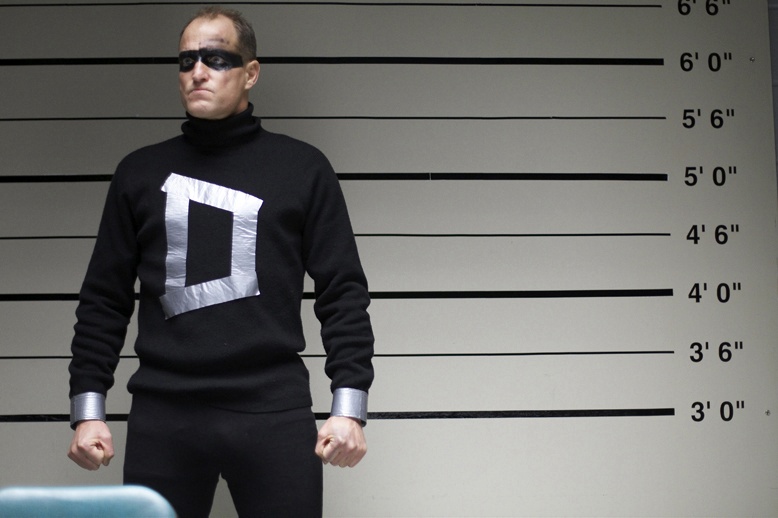
This little-known gem about a slow-witted, good-natured, but still heartbreakingly complicated vigilante/superhero/crime fighter features some of Harrelson’s most sympathetic and layered work to date.
The film, like Harrelson, is impossible to categorize. It has biting, dark humor, an edgy and even sometimes disturbing presentation of violence, but then it turns on a dime and gets so silly it sometimes verges on slapstick. Not to mention, by the film’s end, it becomes so moving that it’s quite difficult for any audience member with at least half a heart not to produce a few tears.
While Harrelson has excellent support from a fantastic cast that includes Elias Koteas, Kat Dennings, Sandra Oh, and Michael Kelly (not to mention solid guidance from writer-director Peter Stebbings), it’s truly Harrelson’s complicated and diverse display of emotions and abilities that makes the movie into something truly satisfying and memorable.
9. White Men Can’t Jump (1992)

Right after Doc Hollywood, White Men Can’t Jump was Harrelson’s first foray into movie stardom. Playing against a magical chemistry with Wesley Snipes, Harrelson portrays a talented basketball player with a gambling addiction who has thrown his career down the tubes and gotten himself into hot water with some threatening bookies.
Harrelson is entertaining, arrogantly (and comically) macho, and tragically flawed. It’s a complicated role (written by the wonderful character writer Ron Shelton, who also directed) and a very advanced performance by Harrelson that is as painfully human as it is entertaining and inescapably likable.
8. The Walker (2007)
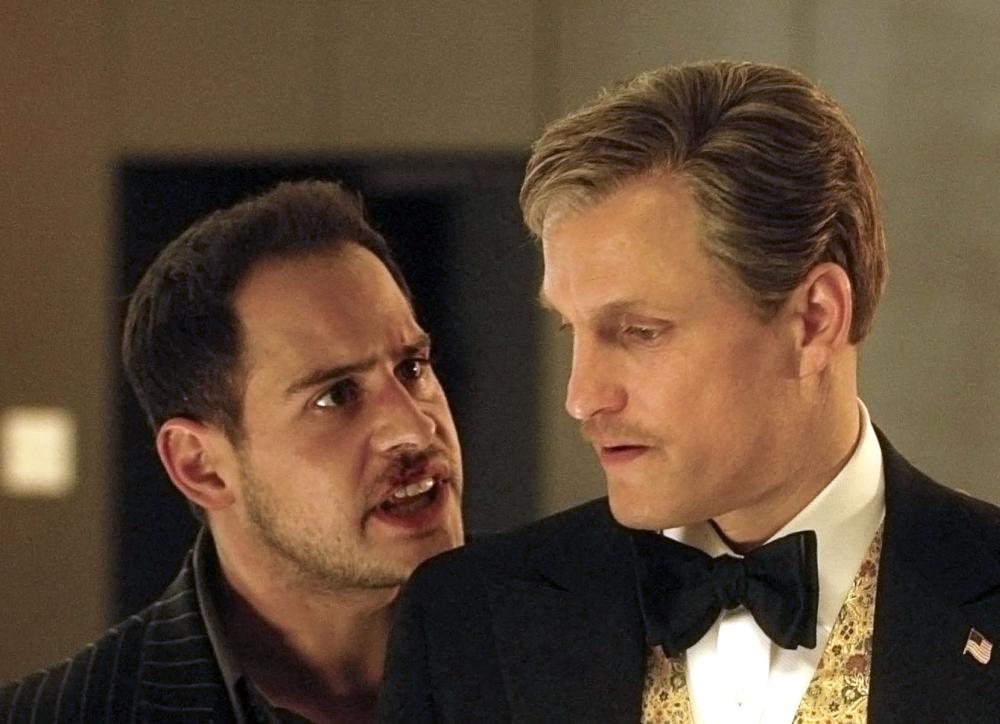
One of Harrelson’s most successful departures to date is a meaty, gritty, character-driven thriller from the great writer-director Paul Schrader. Harrelson plays an elite socialite “walker” who escorts and entertains the wives of some of Washington, D.C.’s most powerful figures when they’re too preoccupied to do it themselves. Harrelson soon finds himself in the middle of a potentially far-reaching conspiracy that could ruin him socially, if not end his life altogether.
The true depth of Harrelson’s work in The Walker relies on an outward charm that masks a hidden pain and an even deeper insecurity. He knows how to walk the walk and talk the talk of the most elite socialites. He bends and shifts every aspect of himself to fit in with them, but he also internally knows he’ll never belong, never be one of them, and that he’ll always be on the brink of being discovered for the fraud he is.
Harrelson communicates these complicated, contradictory emotions with real and internalized nuances that only a camera lens could capture. The result is one of the most painfully, though quietly, conflicted roles of Harrelson’s career.
7. Kingpin (1996)
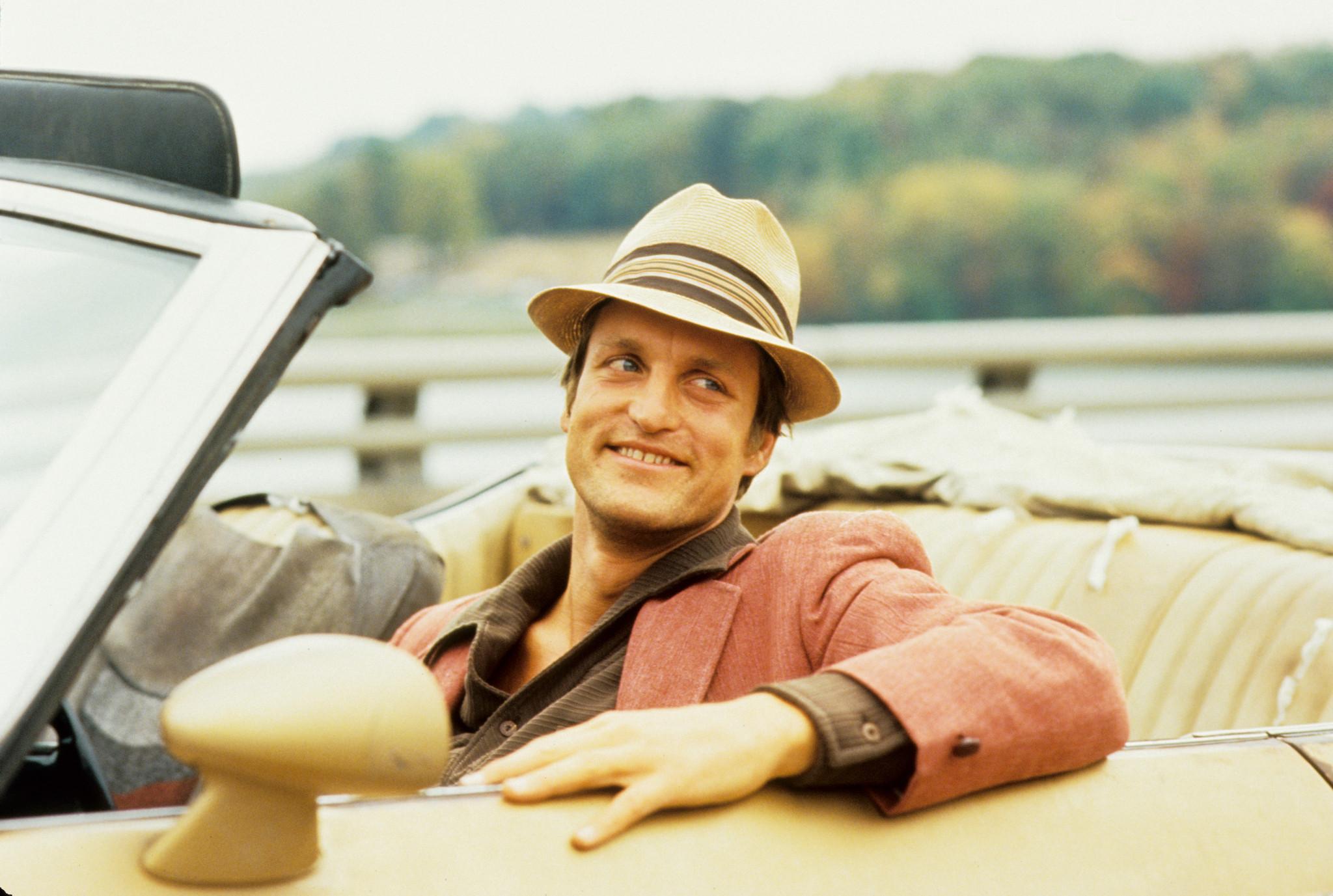
Like all great comedic actors, Harrelson commits to his comedic roles with the focus and realism he would bring to a dramatic one. Kingpin is no exception to this, and it’s also one of the true highlights to his comedic canon of work. Harrelson plays Roy Munson, one of the most lovable losers ever put on film by the Farrelly Brothers (no small feat considering they also gave us Lloyd and Harry in Dumb and Dumber, and Ted in There’s Something About Mary).
Harrelson’s portrayal of Munson is a bitter has-been who was once a bowling champion but is now a sloppy, con artist drunk with a secret heart of gold. On one hand, he uses an innocent Amish man (a wonderfully naïve Randy Quaid) who also happens to be a bowling prodigy for his own personal gain.
On the other, he eventually expresses true feelings of remorse and concern towards the character, which is what elevates the film from being a very clever and wacky comedy to also being a very sweet and sincere film about friendship and redemption.
The tonal shifts, without going too heavy or dramatic, rest entirely on Harrelson’s shoulders, and he carries them off beautifully both for the arc of his character and for the success of the film itself. At the end of Kingpin, Roy Munson is as disgusting and as crass of a character that the Farrelys ever created… But thanks to some quality writing and Harrelson’s impeccable humanity, he also turns out to be one of the most honest and heartfelt, as well.
6. The Messenger (2009)
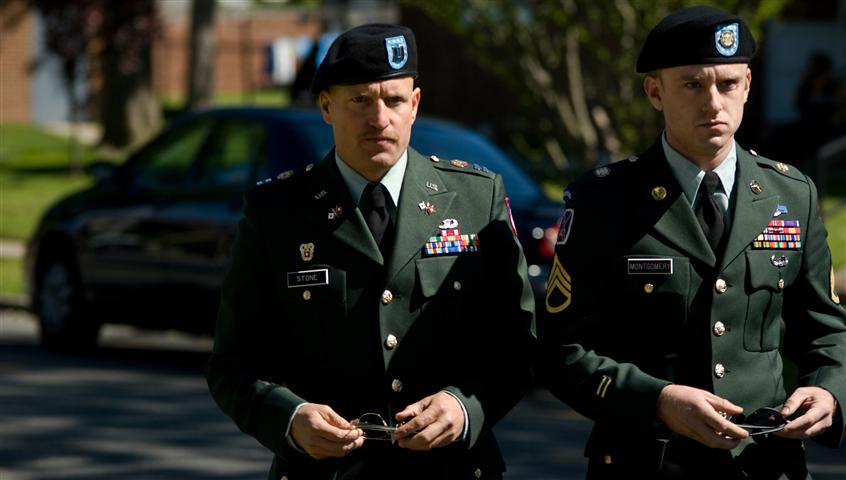
If there is one word to sum up Harrelson’s work in director Oren Moverman’s excellent The Messenger, it is “conflicted”. Harrelson and the always-great Ben Foster both play members of the Casualty Notification Team for the US Army during the Iraq war. Foster is new, recently deployed from an injury, and is struggling with the protocol the job requires and the emotional attachments it can also bring.
Harrelson, who secured a supporting actor Oscar nomination for his work, comes off as the heavy for the majority of the film. While he may appear unsympathetic to Foster’s dilemma and uncaring to the families he has to visit and inform of their tragedies, he is also masking and carrying a deep weight within him that progressively shows the job is very slowly eating him alive.
The Messenger contains some of Harrelson’s best work to date and stands as further proof that the complicated actor is fully capable of communicating some of the most subtle, contradictory, and messy human emotions (sometimes all in the confines of the same scene) one can imagine. In doing so, Harrelson creates a fully-formed character who is privately petrified that he doesn’t have half the answers or the confidence he needs to carry out his duties with the professionalism he desires.